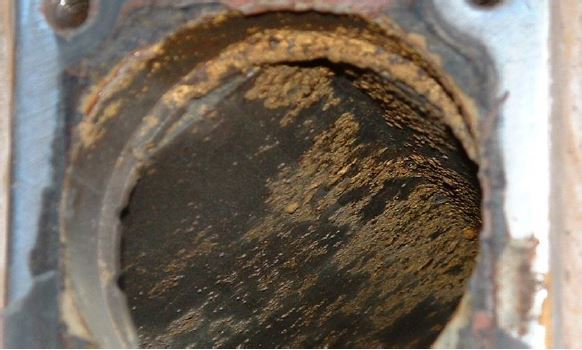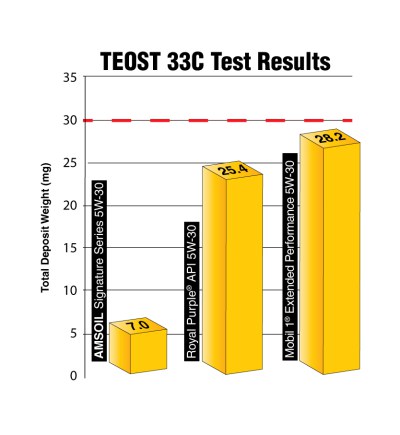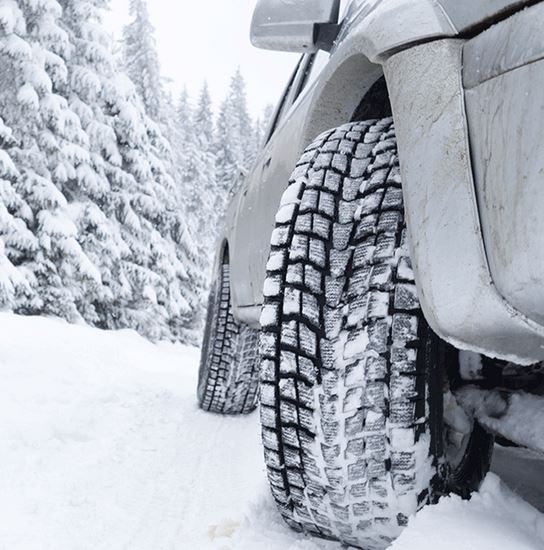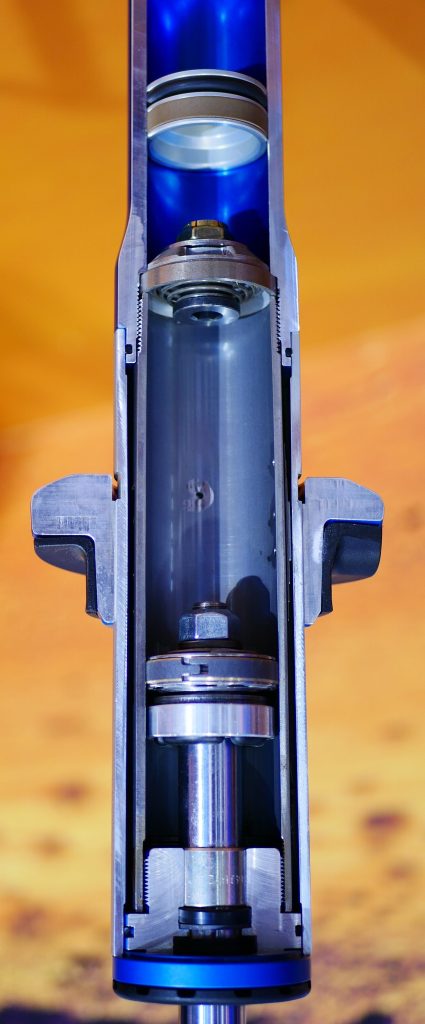Why is there Sludge/Slime in my Radiator?
Cooling-system issues account for nearly 40 percent of engine failures. Clearly, it pays to take care of your vehicle’s cooling system.
Sludge/slime are one of the common symptoms of larger problems. Left unchecked, it’ll plug the radiator, heater core or fluid passages, resulting in overheating and expensive repairs.
What causes sludge/slime and what can you do about it?
• Additives dropping out – coolant consists of a base (typically ethylene glycol or propylene glycol) mixed with additives and water. The base is primarily responsible for providing freeze and boil-over protection. The additives guard against corrosion, cavitation and scaling. Mixing of incompatible coolants can cause the additives to “drop out” of the solution and form sludge or slime.
• Contaminated coolant – a bad head gasket or cracked cylinder head can allow oil and coolant to mix, resulting in sludge. In vehicles with automatic transmissions, the engine-cooling system also cools the transmission. A breach in the system can contaminate coolant with transmission fluid.
• Corrosion – occurs when an imbalanced coolant chemically reacts with metallic surfaces, forming reddish deposits that can appear as sludge or slime.
The only way to definitively identify what’s causing sludge/slime in your radiator is to perform fluid analysis. The report can identify oil, transmission fluid or other contaminants in the coolant. Fix any mechanical defects and flush the cooling system. Refill with a high-quality antifreeze/coolant.
What kind of coolant should I use?
Let’s start with what kind you should avoid.
You’re no doubt familiar with the conventional “green” coolants found at most retailers due to their low price. They contain inorganic salts, such as nitrites, phosphates and silicates.
Inorganic salts deplete quickly – typically in two years or less – and are on the environmental watch list. Once depleted, they are the source of common cooling-system problems, like scale deposits and sludge/slime.
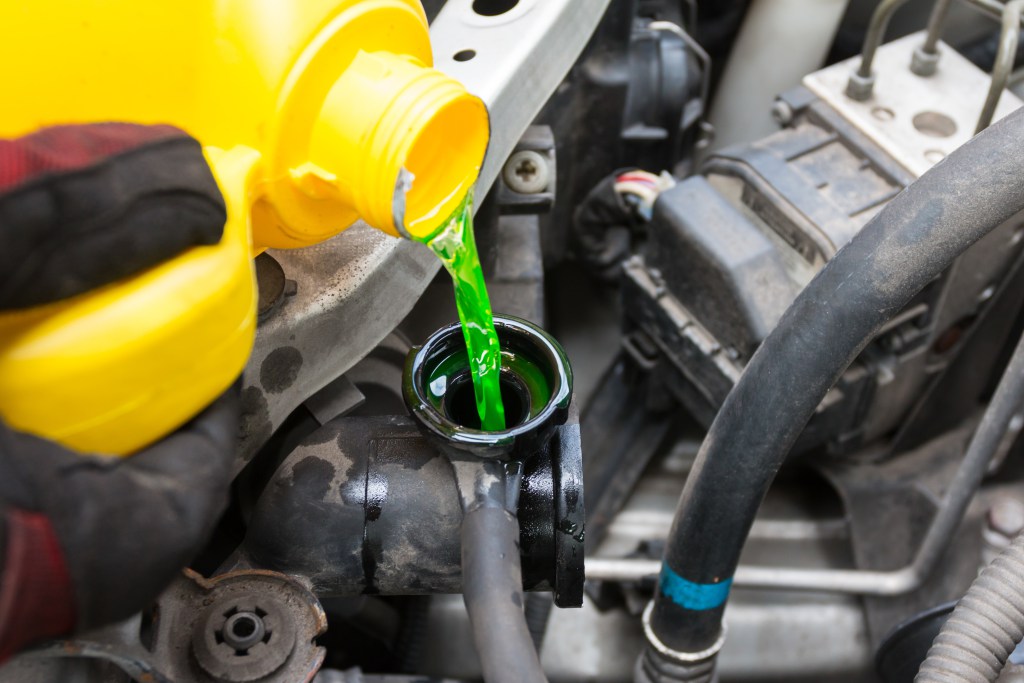
Low-cost “green” coolants are the source of several problems, such as sludge/slime and scale deposits.
And so should you.
Instead, use a high-quality coolant that uses organic-acid technology (known as OATs). OATS coolants are much more robust and longer-lasting. They virtually eliminate drop-out, scaling and compatibility issues inherent to inorganic salts. This type of coolant can be used in a wide variety of applications, even mixing with other coolants as a top-off.
AMSOIL Antifreeze/Coolants
AMSOIL offers three coolants, all of which offer a unique blend of organic acids. We use di-acid technology, which means both ends of the organic acid are active. This makes them work faster and form stronger bonds for enhanced protection.
- AMSOIL Passenger Car & Light Truck Antifreeze & Coolant is formulated for all passenger cars and light trucks. It is premixed 50/50 with high-quality water.
- AMSOIL Heavy-Duty Antifreeze & Coolant is dialed in for the unique needs of on- and off-road heavy-duty applications. It is also premixed 50/50 with high-quality water.
- AMSOIL Low Toxicity Antifreeze and Engine Coolant is a 100-percent concentrate polyglycol formulation for situations that call for a low-toxicity product.



